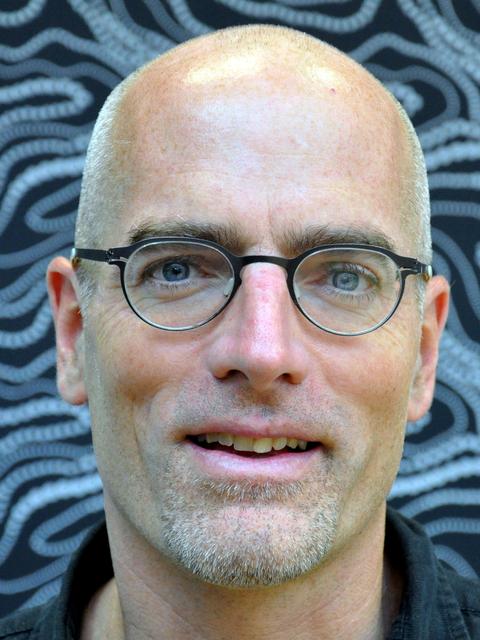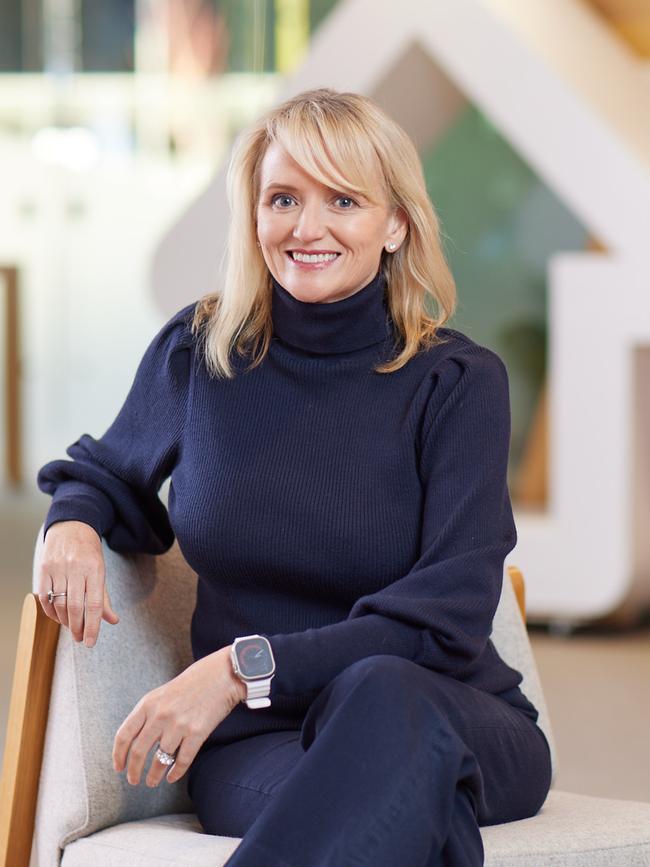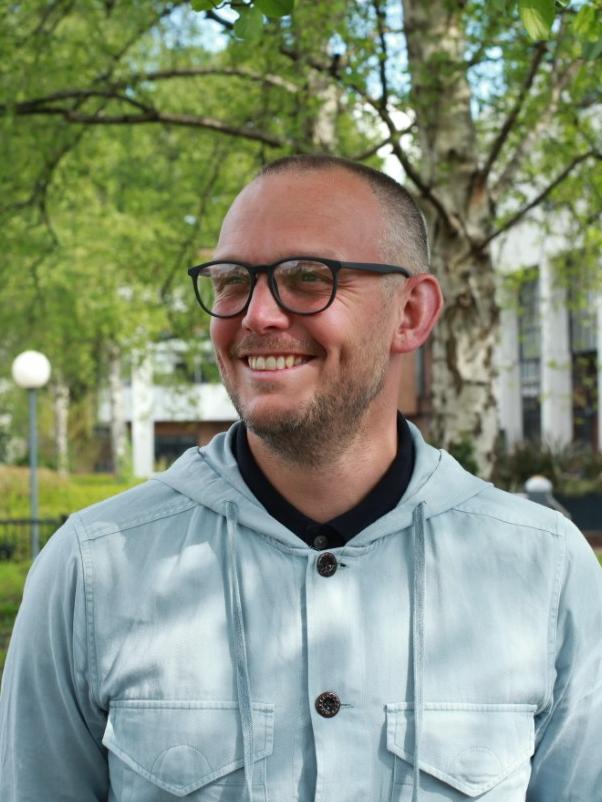7 top marketers on how to use AI to enhance creativity and productivity
An explosion of new generative AI tools in recent weeks brings the technology into sharp focus among executives. But will the nascent technology help or hinder creativity?

An explosion of new generative AI tools in recent weeks brings the technology into sharp focus among executives. Advertising agency leaders, chief marketing officers, business strategists and AI experts explain the risks and opportunities for firms.
Mark Andrejevic
Professor, school of media, film, and journalism, Monash University
When it comes to generative AI, follow the money: the models are expensive to develop and train, and require extensive computing power, so the industries with the deep pockets will shape their use. These tend to be advertising-based or adjacent, so advertising will be one of the leading applications for its development. We know that data-driven targeting is the backbone of the online economy – and generative AI promises a quantum leap in personalisation. It will be possible to craft individualised ads in real time – and even to tweak them instantly based on feedback.

Personalisation will be replaced by personification – our devices and our platform interfaces will develop personalities. AI influencers will be available around the clock, and they will be able to be all things to all people simultaneously.
There will be an enhanced danger of scams using deepfakes.
In terms of creative work, there will be a low-level tier of advertising that largely abandons human creators to rely wholly on AI-generated images and copy. However, creativity is always a combination of what came before combined with lived experience. AI only has what came before – it does not have any experience, so it will never be truly creative. It will always only be able to provide a mashup of past creativity, never to create on its own.
Melina Cruickshank
Chief product and audience officer, REA Group

We all have a responsibility to ensure that real creativity navigates through this and continues to support everything that we’re doing. All of these tools that have been created are complementary to how we are operating and delivering our ideas in the workplace. Technology is a massive enabler for what we’re doing. (But) human creativity will never ever be replaced, in my personal view. And I think that‘s absolutely the way it should remain. Generative AI, machine learning and AI generally, is actually helping a lot of businesses with a lot of mundane tasks. I don’t think you’ll ever get to a point where the supreme creativity that comes out of human brains will be replaced by generative AI.
Kellie Nuttall
Strategy and business design leader, Australia, Deloitte

It’s pretty fair to say (companies) are still very much educating themselves (and) building their AI fluency and experimenting, but it’s still very early days.
We just released some research which showed that only a third of employees are using it in the workplace. And less than 10 per cent of businesses have a strategy for generative AI. We’re still very early on in the adoption cycle. However, it is absolutely front and centre in every executive’s mind right now and boards. This is definitely AI’s moment to enter the corporate space.
In terms of marketing and advertising, there are two camps of mindset. There’s those that see it straight away as a game changer for the way they work, both in terms of increased productivity (and) unlocking new sources of creativity, and connection with customers. They’re aware of the risks, but they believe they can be effectively managed with the right strategy. The other is much more cautious, more genuine concerns around managing risk, job displacement, and protecting existing ways of working.
Matt Oakley
Chief strategy officer, 303 MullenLowe Perth

I saw generative AI described as the best of average, and that’s very much one of the biggest considerations for its use – the lack of originality that it can bring to the table. But if it’s being harnessed to inform thinking and not create the outputs, then it provides a valuable stimulus.
If AI is used to assist the creative process at certain relevant points, it can really help. But overusing it to take over entire, otherwise time-consuming tasks like award entries or applications can result in a certain amount of “sameness” that could be detrimental to our industry. As a creative industry, our originality should shine through wherever it can – assisted by AI where relevant but not driven by it.
Ciaran Park
Executive technology director, R/GA Australia

In the near future, an exciting ecosystem is forming around generative AI, marked by APIs, extensions and plug-in-based tooling. It’s paving the way for a fresh wave of autonomous applications that can seamlessly integrate with our existing workflows. We’re on the cusp of AI, like ChatGPT, being integrated into dynamic environments like gaming, birthing entirely new, personalised experiences, and opportunities for brands.
On the horizon these autonomous agents are ready to tackle intricate tasks, whether it’s revolutionising content creation or ensuring vigilant content moderation and translation. These innovations will elevate customer engagement, streamline communication and empower businesses to create bespoke solutions that align with their specific needs and goals.
Matt Krosch
Chief marketing officer, FiveP

I think a risk in creative applications could be people trying to take the approach of AI replacing the creative process, rather than incorporating AI into the creative process. Protecting IP is certainly a huge part of the conversation with AI, but there has always been a thin line between infringement and inspiration in our industry with no clear solution. Everyone knows of at least one story along the lines of someone asking for backing audio for a TV spot that closely resembles the melody of artist X’s latest hit – in order for their advertising to stay close to the zeitgeist, but not so close that anyone gets sued.
There are huge opportunities in AI really supercharging ideation – by potentially expanding early-stage exploratory ideas to their broadest point much quicker than humans do.
James Bush
Head of creative technology Australia and Aotearoa, Dentsu Creative

Clients’ trepidation about new technologies is understandable. However, we aim to alleviate these concerns by emphasising the importance of consensus. Before proposing solutions, the key is to ensure a unified perspective within the organisation.
Beyond the obvious security concerns around data privacy, ethical implications and IP, we seem to collectively be ignoring this is a very nascent technology that is still open to manipulation and misuse. While ChatGPT offers tools to augment creativity, it’s important to remember that AI outputs are based on patterns from existing data.







